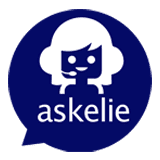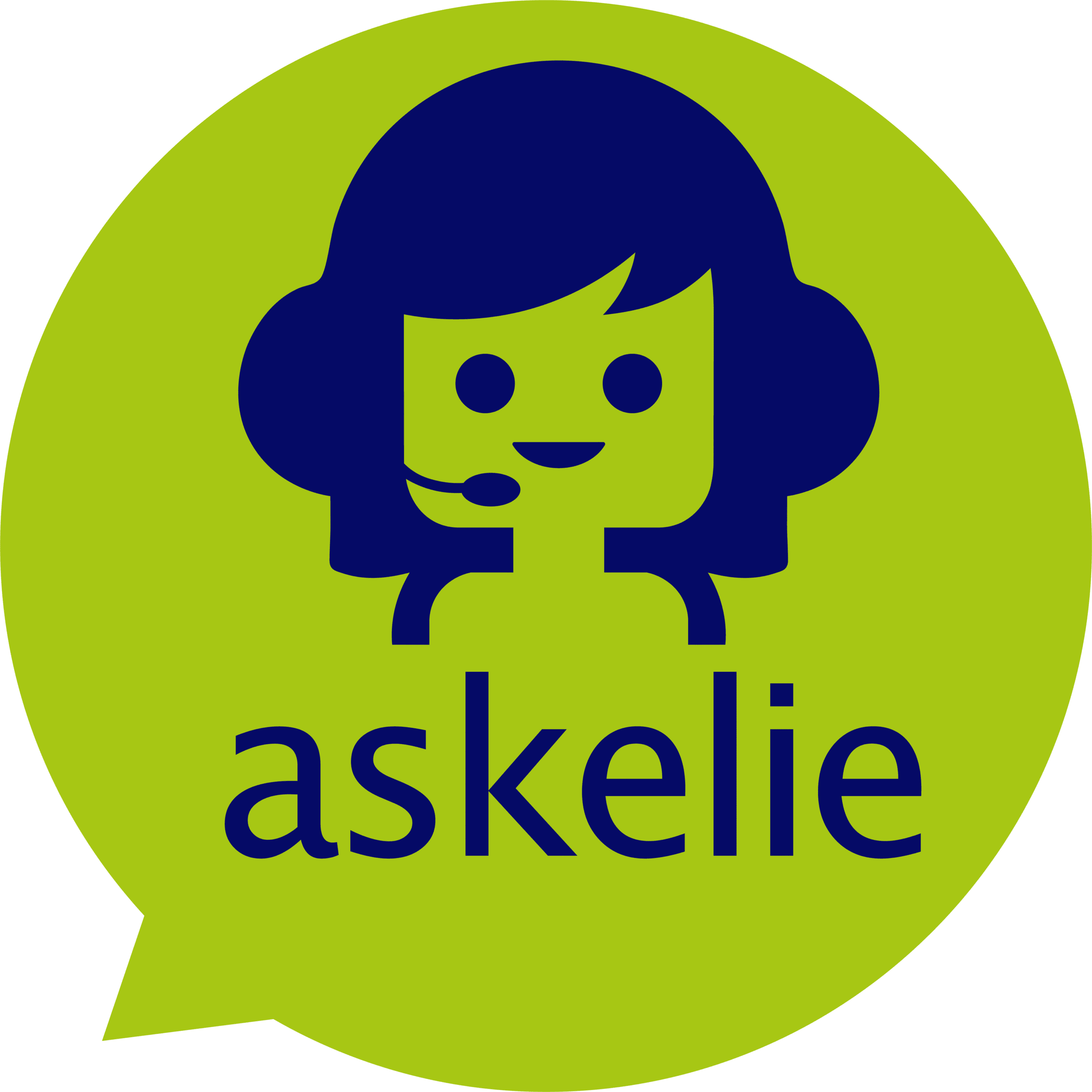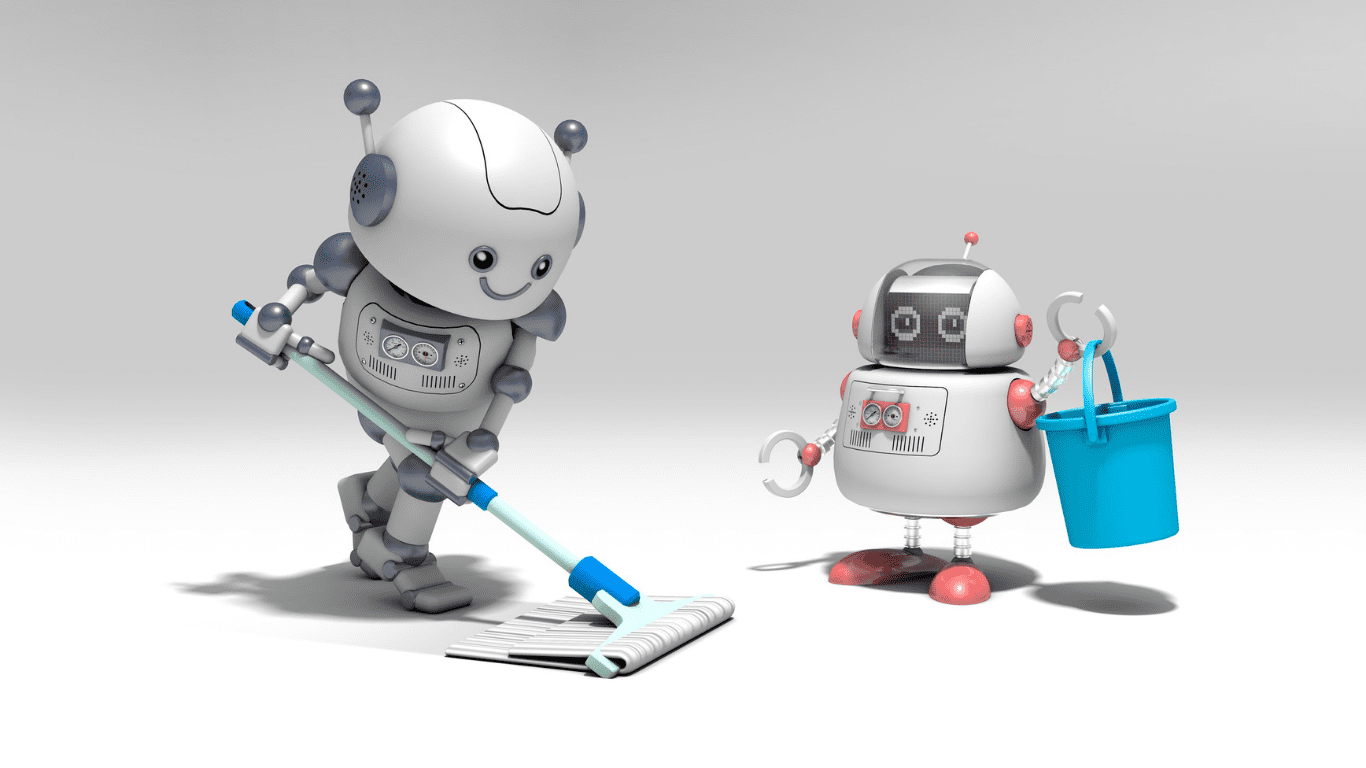The relationship between AI agents and jobs is one of the most important debates in today’s workplace. Many people are asking themselves, Will AI take my job? With the rapid growth of AI agents, systems that can perform tasks, learn from data, and even make decisions, work is changing faster than ever before. But does this mean people are being replaced, or is the story more complex?
Let’s explore five truths about AI agents and jobs to understand what the future might look like.
1. What AI Agents Really Are
AI agents are more than just chatbots or scheduling tools. They are intelligent systems capable of managing complex workflows, solving problems, and working alongside humans or other agents to achieve outcomes.
Think of them as digital colleagues. They never take breaks, they do not get tired, and they can process information at a speed that no human can match.
Examples already in use include:
- Coding assistants like GitHub Copilot that help developers write and review code.
- Customer service agents built on large language models that respond to thousands of queries.
- Back-office automation tools that handle repetitive finance, HR, or compliance work.
AI agents are not theoretical – they are already integrated into businesses worldwide.
2. AI Agents and Jobs Most at Risk
The World Economic Forum predicts that AI will displace 85 million jobs by 2025 but also create 97 million new ones. This highlights that the connection between AI agents and jobs is not only about loss, but also creation.
- Jobs at higher risk: Data entry, routine bookkeeping, and basic customer support. These tasks follow clear rules and patterns, which makes them easier for AI agents to replicate.
- Jobs at lower risk: Creative, strategic, and people-centred roles such as leadership, design, negotiation, or relationship management. These require human judgment, empathy, and imagination.
The truth is that AI agents will likely take over the repetitive elements of many roles while leaving humans to focus on the areas where they add the most value.
3. A Shift Rather Than a Job Apocalypse
Instead of framing the rise of AI agents and jobs as a conflict, it is better seen as a shift in how work is divided. AI agents can draft reports, summarise long documents, or route customer support tickets, giving humans more time for higher-value tasks.
Consider these examples:
- Marketers rely on AI to analyse customer data, then focus their time on creative campaigns.
- Lawyers use AI for contract reviews but remain essential for negotiations and advocacy.
- Healthcare professionals rely on AI for diagnostic support while prioritising patient care.
In this sense, AI agents and jobs complement one another. Machines handle the repetitive, while people handle the meaningful.
4. The New Essential Skills for Humans
The rise of AI agents is changing which skills matter most. Technical expertise is important, but so are abilities that machines cannot replicate. As AI agents and jobs evolve together, workers will need to build strengths in areas such as:
- Digital literacy: Understanding how AI systems function and where they fall short.
- Prompt skills: Knowing how to ask AI the right questions and guide its outputs.
- Critical thinking: Assessing AI-generated insights with a human perspective.
- Emotional intelligence: Building empathy, trust, and relationships in ways AI cannot.
Ironically, the smarter AI becomes, the more valuable our human qualities become.
5. The Future of AI Agents and Jobs
So should you be worried about the future of AI agents and jobs? The answer depends on how adaptable you are.
If your work is built entirely on repeatable tasks and you resist change, then yes, you may be at risk. AI agents are rapidly improving at handling structured, rule-driven work.
But if you are willing to evolve, learn new skills, and work with AI rather than against it, your role is likely to become richer, more dynamic, and more future-ready. AI is not only a threat; it is also an opportunity to create more engaging and valuable careers.
Final Thoughts
The rise of AI agents and jobs is not about replacement. It is about reinvention. Some roles will disappear, many will transform, and entirely new ones will emerge. Those who treat AI as a partner will thrive in a world where machines and people collaborate.
The future of work is not humans versus AI. It is humans working with AI, creating workplaces that are faster, smarter, and more human than before.



Comments are closed